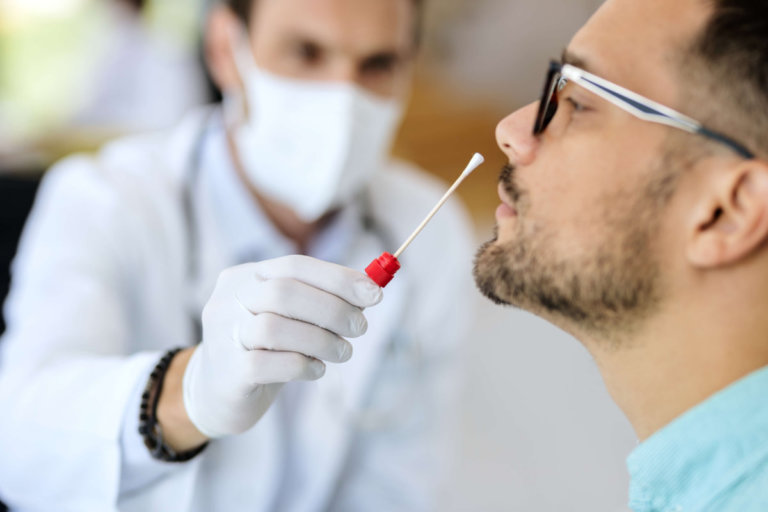
Beginning January 7, you will have to prove you do not have COVID-19 before you travel to Canada. All travellers aged five or older — including international students and returning citizens — must present documentation of a negative laboratory test before boarding their plane. According to official guidelines, this is an additional measure on top of the mandatory 14-day quarantine, which you will still be required to complete upon arrival.
Your status must be confirmed using a COVID-19 molecular polymerase chain reaction (PCR) test, which should be taken within 72 hours prior to your flight departure. So if you’re planning to return to your university in Canada, start arranging for a PCR test in your home country. It is now a mandatory part of any travel to Canada.
Minister of Transport Marc Garneau reiterated the government’s commitment to protecting the health and safety of Canadians, saying, “These new measures will provide another layer of protection for Canadians as we continue to assess public health risks and work to limit the spread of COVID-19 in Canada.” To this end, Minister of Foreign Affairs François-Philippe Champagne expressed the need for quick, effective action, commenting, “We still strongly advise against non-essential travel outside Canada as the likelihood of sudden restrictions and additional requirements during the pandemic may result in travellers facing difficult and stressful circumstances while abroad.”
The additional prerequisite for travel to Canada comes as countries around the world begin rolling out the COVID-19 vaccine to priority groups. Canada has been slow to innoculate, citing an average of 2,500 shots daily. This glacial pace prompted Prime Minister Justin Trudeau to speak out this week, pledging to accelerate efforts and increase support in the new year. You could say it is the final piece of the puzzle in Canada’s COVID-19 plan, which includes approving campus reopenings on a case-to-case basis as well as lawfully requiring 14-day quarantine under the Quarantine Act.










